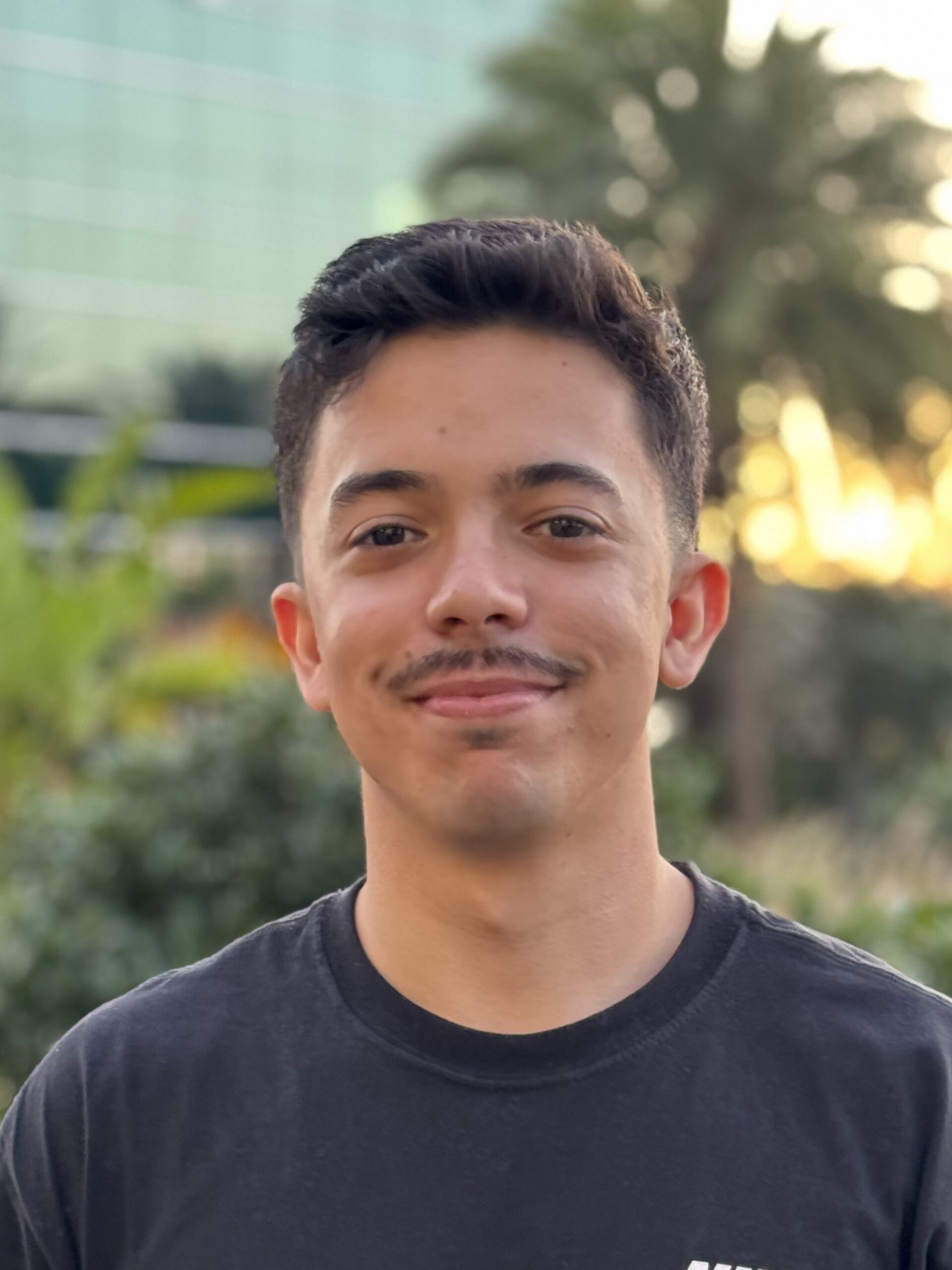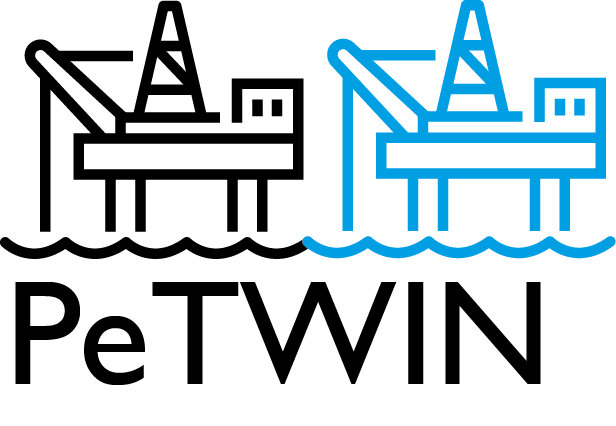AI and predictive maintenance Team

Joel Luís Carbonera
Ph.D.

Artur Henrique Simon
B.Sc. Student

Marcos Vinicius Ludwig Pivetta
M.Sc. Student

Matheus de Moraes Costa
B.Sc. Student

Carlos Eduardo Antônio Ferreira
M.Sc. Student
Our objectives
Artificial Intelligence approaches have been considered key enabling technologies for digital twins. Digital twins involve a two-way relationship between the digital representation and the represented physical asset. In this relationship, the digital representation is constantly updated from sensor measurements of the physical asset, and decisions made on the digital representation can support actions that are performed on the represented physical asset. In this context, digital twins can offer predictive capabilities of relevant aspects and can also project what-if scenarios based on the current state of the physical asset. Artificial intelligence techniques can meet those requirements since they can be used to elaborate data-driven models that offer predictive capabilities and enable the generation of what-if scenarios. Once decisions are made from the digital representation, artificial intelligence techniques can also be used to trigger suitable actions on the physical asset, in order to maximize certain aspects or to avoid undesirable scenarios. The focus of the AI group on the Petwin project is to investigate and develop technologies based on Artificial Intelligence that meet the requirements of a digital twin of an oil production plant.
Results and Contributions
A methodology for synthetic generation of failure data for data-driven prognostics and health management modeling for digital twins
Rafael Schena, advisor Mara Abel. Master degree dissertation.
A Systematic Evaluation of Machine Learning Approaches for Petroleum Production Forecasting
Marcos Vinicius Ludwig Pivetta, Arthur Henrique Simon, Matheus de Moraes Costa, Mara Abel and Joel Luís Carbonera. Tools with Artificial Intelligence (ICTAI).
Comparing ARIMA and LSTM models to predict time series in the oil industry
Jaqueline Bitencourt Correia, Marcos Vinicius Ludwig Pivetta, Givanildo Santana do Nascimento and Karin Becker. Symposium on Knowledge Discovery, Mining and Learning.
What we are currently working on
AI approaches for petroleum production prediction
The petroleum industry is one of the biggest industries in the world. In this domain, the accurate estimation of petroleum production is a crucial task for supporting a suitable management of production fields and wells. Computational methods for time series forecasting have been applied in this task for decades. In the last years, machine learning methods have been achieving promising results in these tasks. In this workstream the AI group is investigating machine learning approaches for supporting petroleum production prediction and for generating what-if scenarios of petroleum production.
AI approaches for anomaly detection and classification in digital twins for petroleum production plants
Petroleum production plants are very complex systems that are subject to different kinds of failures. To keep production at acceptable levels it is desirable to identify failures in advance. In this workstream, the AI group investigates AI techniques for identifying and classifying anomalies from sensor data acquired from the production plant. The main objective of this investigation is to support the development of approaches that can identify or even predict failures before they occur, aiming to reduce possible idle periods of the plant and avoid catastrophic scenarios.
Systematic Literature Review of Machine Learning approaches applied in digital twins for the Oil & Gas Industry
In recent years there has been an increase in the number of papers reporting the application of machine learning techniques in digital twins. In this workstream, the AI group has been carrying out a systematic review of the literature on machine learning techniques applied in digital twins for the oil industry. The purpose of this review is to provide a snapshot of the current state of research and development on this topic, identifying well-established practices, challenges, and trends.



